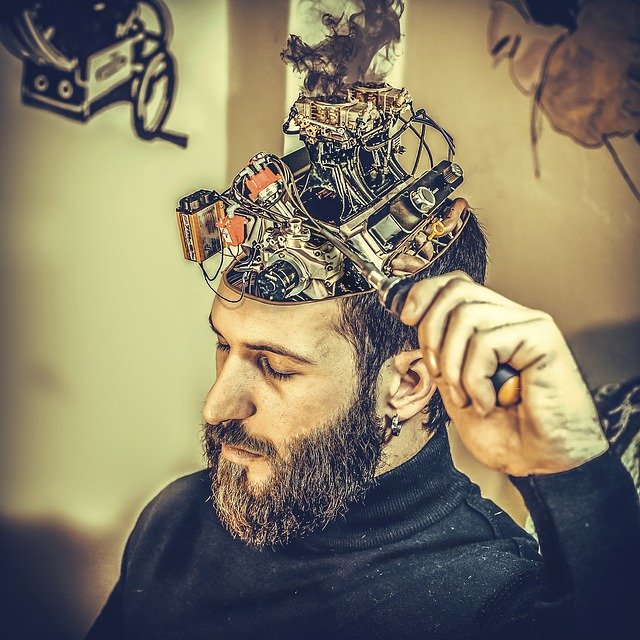
Our brain works against when we go through change. It’s not just that change feels threatening. Change also takes extra effort. Changing requires us to overcome our usual habits and learn and do things differently. This means we have to stop and consciously think about what we’re doing, which requires the brain to use more energy.
Our brain uses a lot of energy; about 20% of the body’s energy requirements are taken up by the brain. In particular, the pre-frontal cortex (the ‘thinking’ part of the brain) needs a lot of fuel. So, in order to save energy, the brain takes what we do regularly and stores them as habits in the basal ganglia, which is more energy-efficient.
Take a look at this video for a brief explanation:
Much of what we do every day is habit – we do things automatically, without thinking. It’s easy – we don’t have to think. Even complex things, like driving, or riding a bike. Remember how much you had to concentrate when you were learning? And now you can do it so easily, you often get to where you want to go without realising how you got there.
At the beginning of the Covid19 pandemic as we went into lockdown, many people seemed to be complaining about tiredness and about not being able to get much done as they did before. But this is not surprising. Our daily routines were interrupted and we all had to use our thinking brains more to figure out what to do and learn new routines.
We need to remember that, and give ourselves and others a break, when going through change.